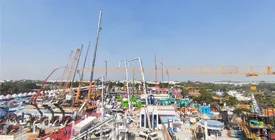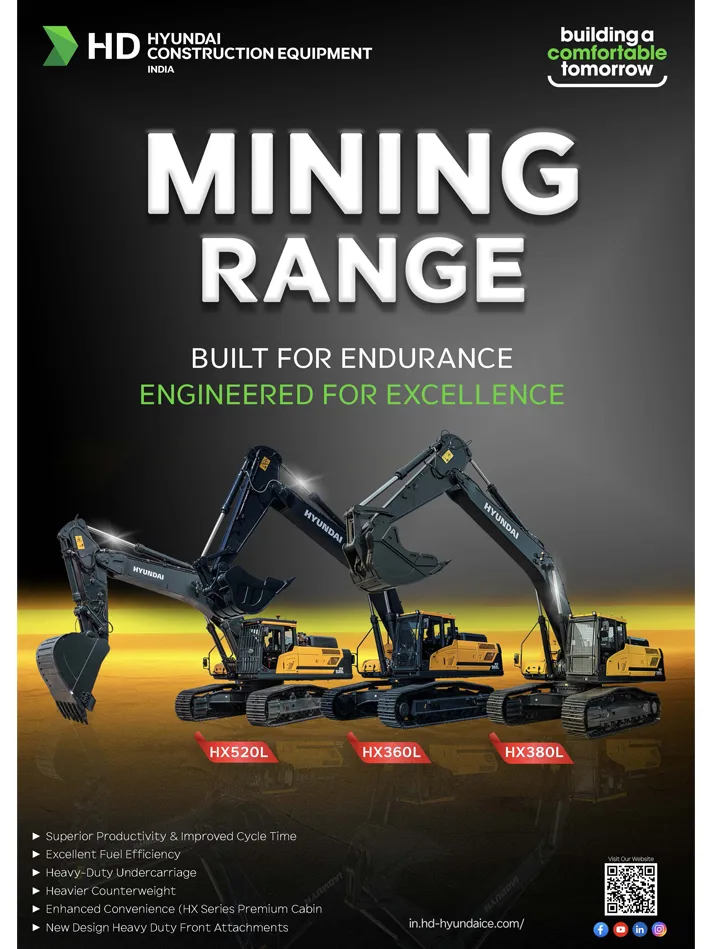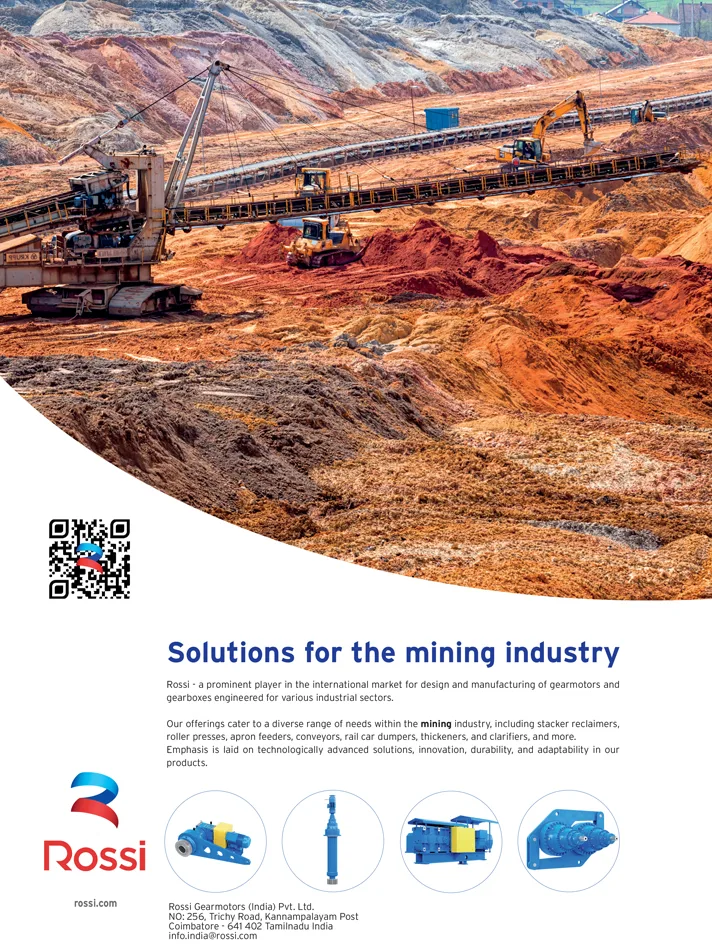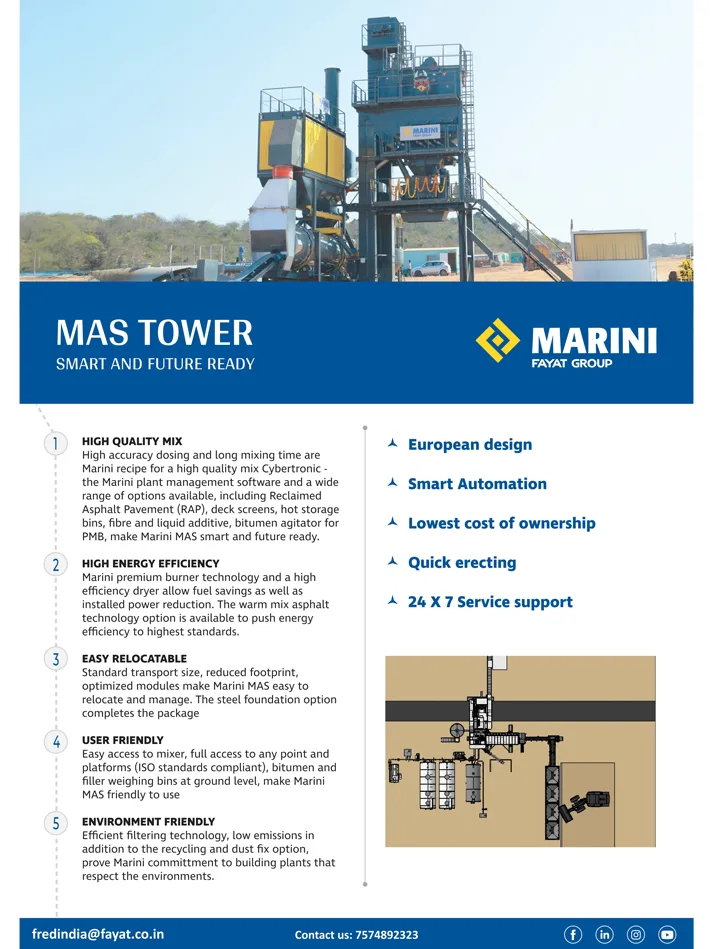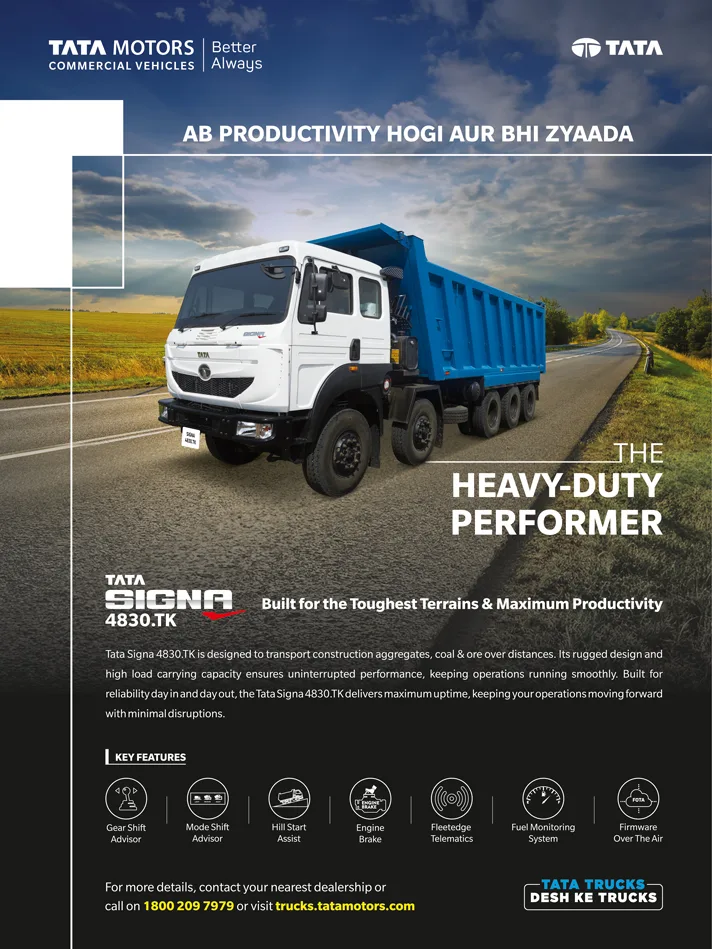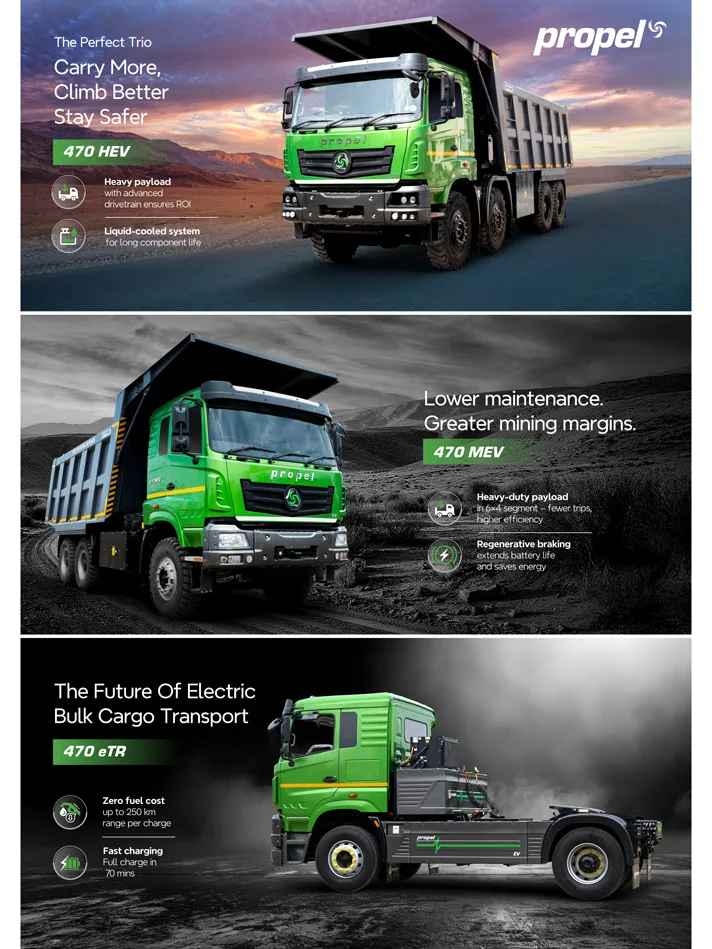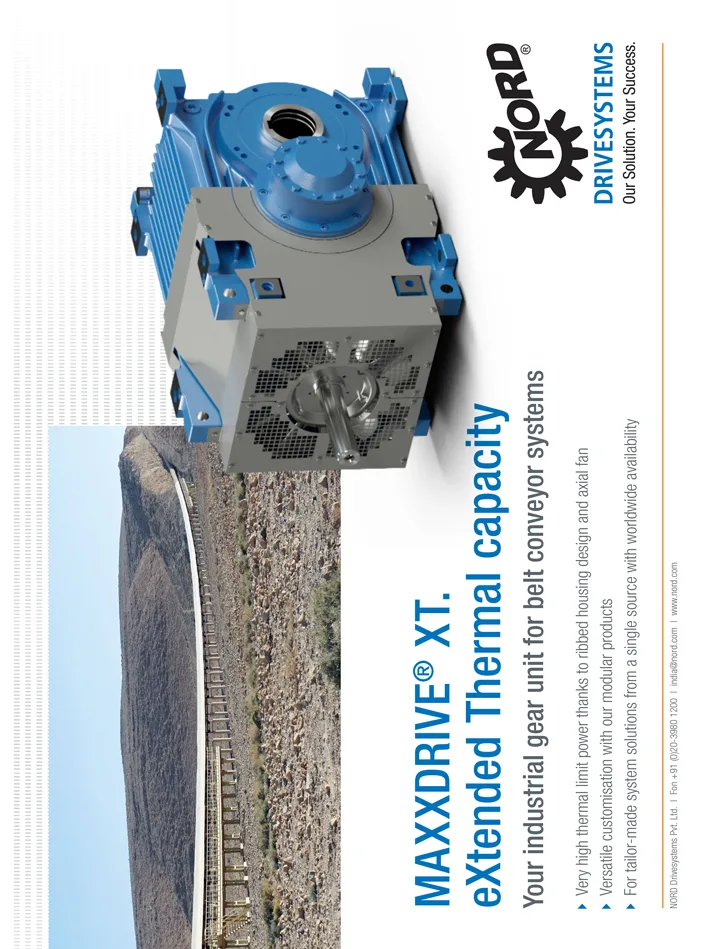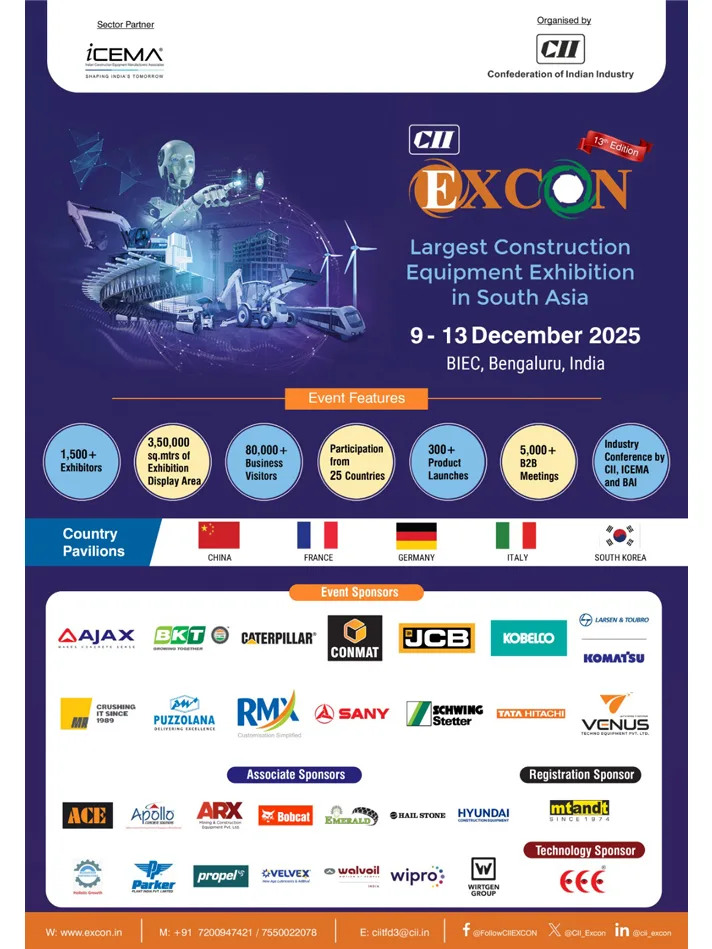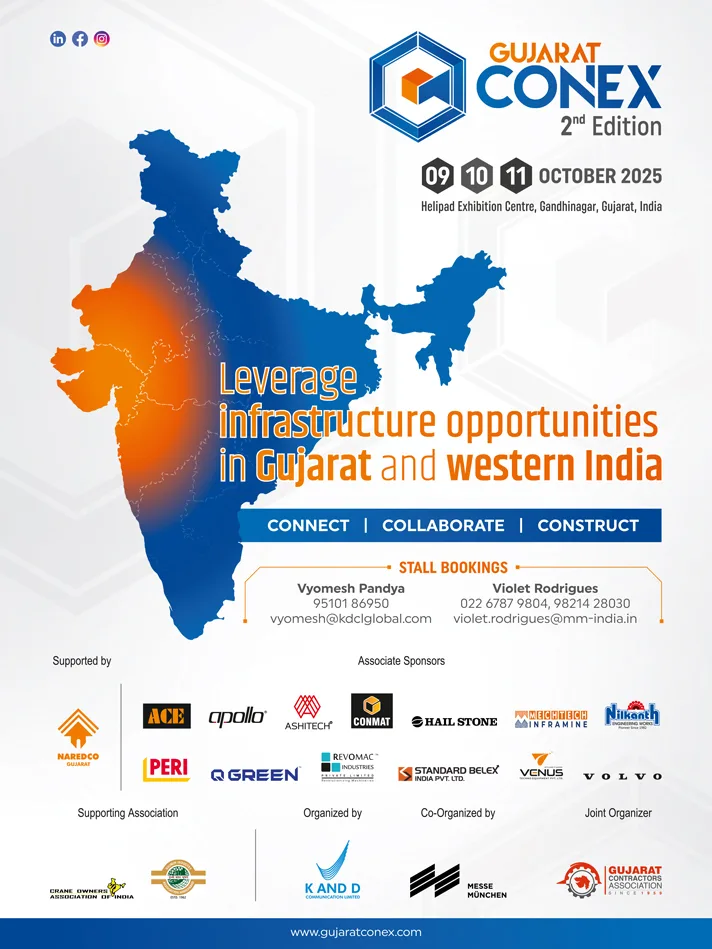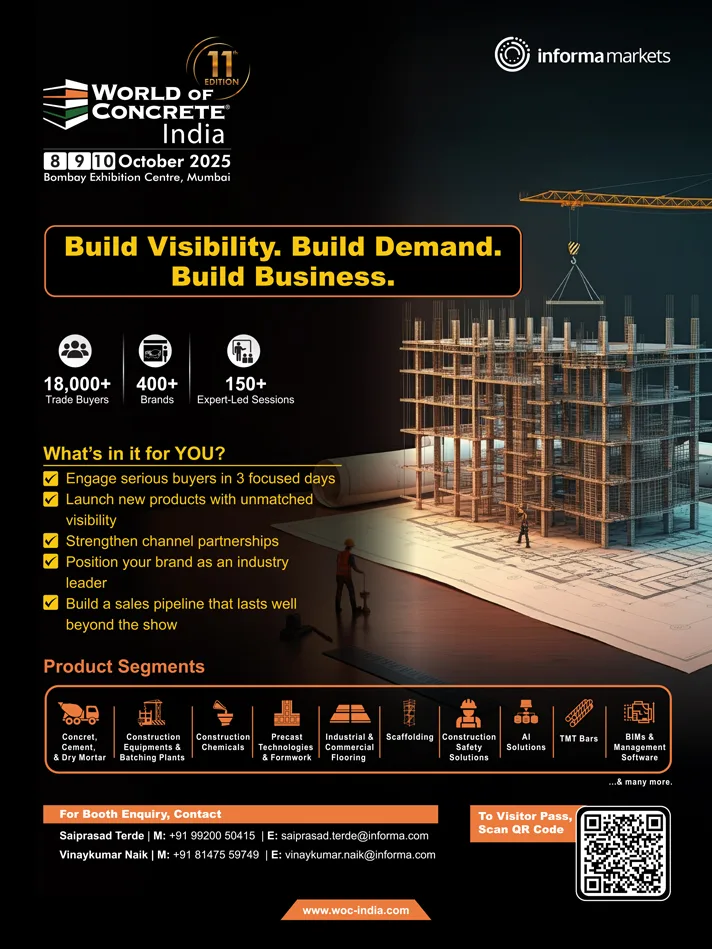
Today we export around 50% of our production to almost 90 countries from our Pune plant.
WIRTGEN GROUP offers a broad range of highly advanced and innovative equipment to suit customer’s requirements for all are+as of road construction. In an exclusive interview to CONSTRUCTION OPPORTUNITIES, RAMESH PALAGIRI, MD & CEO, WIRTGEN INDIA, speaks about the machines launched at BHARAT CONSTRUCTION EQUIPMENT Expo, Make in India initiative and a lot more.
Have you launched anything new at Bharat Mobility Expo?
We have launched our CEV Stage V machines for the Indian market, the compactors, both soil & tandem and the Vögele 7.5-meter paver.
Your view on the current market situation, is there a dip in terms of equipment sales?
There is definitely a dip in the demand in the last two quarters. At least for the road sector. Last year the awards have been pretty low. Because of elections and also even after elections the government has decided the balance piece of the Bharat Mala will not go through. Lot of tenders are out but the awards are not happening on the pace. Even the construction in the first nine months of the current Indian fiscal year is also below what it was last year. All this is influencing new machine sales. But the dip is marginal drop in sales but not an increase what we were expecting.
How do you expect the balance three quarters to go? Are you going to see an uptake in terms of projects being launched?
The uptake will happen after monsoon. The government by then should be able to come with their plans. There are also some challenges in terms of the contracts getting awarded way below the estimates. If you see most of the road projects are getting awarded at minus. And with that we have the resulting challenges also in execution, time and quality. The government is working on those areas.
So hopefully they will address all that and then the new tenders will come. So, I think the last quarter after monsoon things should be better. Maharashtra will be different?
In Maharashtra there will be lot of activity. Lot of tenders have already been awarded and execution will start now already.
We complete 10 years of Make in India initiative. So have our construction equipment manufacturers been able to capture the manufacturing potential, their own manufacturing potential and showcase it to the world?
For India market, the challenge is demand, not supply. All the major manufacturers have enough capacity and most of them are operating way below their production capacities. In India market the challenge is growth demand. Our average CAGR has been only around 8-10% in last 10 years.
With regards to the domestic demand, for us we must see how the government is able to get speed on the projects so that there is more demand. As far as exports are concerned, most of the international players are already exporting from India.
As far as Wirtgen is concerned, we are one of the largest exporters for our kind of machines. Today from our Pune plant we export almost 50% of our production to almost 90 countries. And these are across the world, including the TFI or the developed markets, not just South East Asia, Middle East.
So, exports offer as much potential as domestic market. Because the domestic market is growing only at around 7-10% CAGR at best depending on the product line.
According to you what steps should the government undertake in terms of trying to speed up or add some catalyst to the growth?
A continuous flow of projects being awarded is required so that execution happens, and demand is generated on a continuous basis.
Is there a problem in terms of finance or funding in terms of the contractors not getting paid on time, which is further adding up to the problems in terms of even if projects are completed?
Except for states like Maharashtra, UP, I would say the rest of the states virtually you see not much activity in terms of road construction. The scope itself is reduced and national highways is only 5% of our total. Nothing much is happening on the state highways. So there definitely funding is an issue because most of the states do not have enough resources. They are dependent on the central government.
Most of the activity happening on the national highway sector is driven by central government. For demand to pick up there must be a lot of activity coming from the state government sector.
And the third point is urban infrastructure. Generally urban infrastructure in India is a nightmare. Except for the metros that are coming up every city in India has a metro. But other than that, if you look at urban infrastructure, there are a lot of challenges. There are a lot of opportunities. So there again, the municipalities, corporations have to take up projects to improve the overall urban infrastructure with holistic planning. Not only roads but drainage. I would say for the next 15-20 years the opportunity is huge.
In terms of components for your machinery, to what extent is it localized?
It depends on the product. The minimum local content in any of our product is 50% and goes up to 80%.
In terms of job creation, how has this Make in India initiative impacted the job creation in India?
It is definitely helping. But we need to generate more demand.
Only when there is more demand then, there will be more employment happening. Employment creation is a big challenge. We need to create lot of manufacturing jobs.
In our industry we need local demand and definitely exports. With regards to exports are concerned, now things are little slow because generally globally things are little slow. But once things pick up, we are well equipped to meet the demand. Definitely there is more focus India manufactured products as we are able to deliver world class quality out of India. And that also should create more employment.
In terms of employment, our construction industry has majorly been male dominated. So, has your company taken any steps in terms of encouraging women to be part of your operations in the factory? Like women at the shop floor or even training women operators to operate your machines?
Towards having more women in the industry. Both for manufacturing and in the office or in service, we are on that journey. As far as manufacturing is concerned, we are part of John Deere.
And some of the John Deere plants in India, the tractor plants are completely operated with 100% women employees.
As of now, our ratio is around 15% women on the shop floor in our Pune plant. And that we want to progressively increase going forward.
What outlook do you have in terms of growth for the next two years?
Next two years, we are expecting more growth because the last one and a half year has been slow. So maybe around 15%. Year on year But I would say over the long term, if you ask me what will be the growth over the next 5 to 10 years, I would say it will be around 10%.


